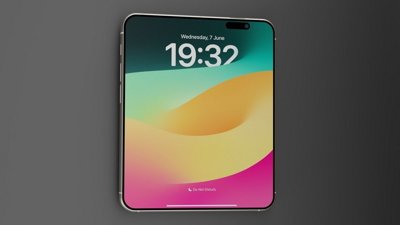The iPhone 11 Pro Max debuted on September 10, 2019, at Apple's "by innovation only" event. It premiered alongside the budget-friendly iPhone 11 and the smaller 5.8-inch iPhone 11 Pro.
The iPhone 11 Pro was available for preorder on September 13, 2019, and shipped the following week on September 20.
AppleInsider reviewed both iPhones shortly after launch, giving them a 4.5 out of 5.
iPhone 11 Pro Max Features
Colors and Storage
The iPhone 11 Pro Max comes in four colors: gold, Space Gray, silver, and Midnight Green. Gold and silver have stainless steel rims with a silver color, while the Space Gray and Midnight Green colors have darkened stainless steel rims. All options have a black front-facing bezel.
This model has the same storage capabilities as the iPhone XS. It is available with 64GB, 256GB, and 128GB options.
Display
The 6.5-inch, 2688 x 1242 OLED display on Apple's largest phones have been dubbed the "Super Retina XDR display." It has a pixel density of 458 pixels per inch, and a 2,000,000 to one contrast ratio, compared to 1,000,000 to one on the iPhone XS and iPhone X. It has a brightness level of 800 nits typically and up to 1200 nits with HDR, whereas the iPhone XS has 625 nits.
Rear camera
These flagship devices boast a three-lens camera system on the back of the device. Apple has included a five-element ultra-wide lens with an f/2.4 aperture and 120-degree field of view and a six-element ƒ/1.8 wide lens.
A six-element telephoto lens with an ƒ/2.0 aperture has a 2x optical zoom-in and a 2x optical zoom-out.
The wide and telephoto lenses have optical image stabilization.
On October 29, 2019, Apple launched an iOS 13.2 feature called Deep Fusion on the iPhone. The app uses machine learning for image processing. Deep Fusion is not user-facing, operating in the background automatically when certain criteria are met. This feature will not work if the user has enabled "Photos Capture Outside the Frame" in Settings > Camera, and will not work when using the ultra-wide lens.
Deep Fusion is typically used for sub-optimal lighting scenes. Optimal lighting scenarios will instead trigger Smart HDR.
When the criteria are met, the iPhone shoots nine images, and the Neural Engine combines them into a single photo, prioritizing detail and eliminating noise. This is used instead of the normal image capture and stacking modes and is an entirely new algorithmic photo system.
The iPhone 11 also has a low-light mode that allows users to take brighter photos with reduced noise and improved clarity in low-light environments.
The cameras support 4K video at up to 60 frames per second and 1080p slow-motion video at up to 240 frames per second.
Apple also introduced audio zoom, which allows the iPhone microphone to match the audio in zoomed-in video. As the user zooms closer to the subject, the accompanying audio will also get louder.
These models still support panorama mode, burst mode, time-lapse, facial recognition, digital and optical image stabilization, autofocus, and quad-LED flash.
Front Facing Camera
The iPhone 11 Pro received an upgrade to the selfie camera: It's now a 12-megapixel True Depth camera with an ƒ/2.2 aperture.
The front camera features a Portrait Mode with advanced bokeh and depth control, Portrait Lighting with effects, 4K video recording, 1080p HD video recording, and next-generation Smart HDR. It also has cinematic video stabilization, wide color capture, Live Photos, burst mode, and auto image stabilization.
Like previous iPhones, the iPhone 11 Pro Max's True Depth camera allows users to use Apple's Animoji feature.
The iPhone 11 line was the first to see the addition of a slow-motion front-camera mode. Apple provided a demo video in which it referred to the process as taking a "slofie."
Battery Life
The bigger iPhone 11 Pro has a 3969mAh battery and an iPhone XR-like power draw. In our trials, we found that the flagship iPhone was able to last over 12 hours before the battery had run out.
The iPhone 11 Pro line includes a USB-C power adapter and a Lightning to USB-C cable. Fast charge is capable of charging up to 50 percent in a half-hour.
Performance
Each handset in the iPhone 11 line uses the same A13 Bionic processor, and they all come with 4GB of application RAM. The three phones all performed similarly in our benchmark tests.
Using the GeekBench 5 benchmark, the iPhone 11 Pro had a three-run average single-core score of 1,361 and a multi-core score of 3,561.
While testing the iPhone 11 Pro with the benchmark AnTuTu, it earned a cumulative score of 456,760 across CPU, GPU, UX, and memory tests. It performed favorably against the performance of our iPhone XS, which scored a total of 370,618. The biggest improvements have been seen in the CPU and GPU categories.
Wireless connectivity
The iPhone 11 series provides Wi-Fi 6 connectivity support for Bluetooth 5.0, NFC with reader mode, and Ultra-Wideband U1 chip.
The iPhone 11 series does not have 5G compatibility. Apple revealed its first 5G phones in October 2020, including the iPhone 12, iPhone 12 Pro, iPhone 12 Pro Max, and iPhone 12 mini.
Apple's U1 chipset allows the iPhone to calculate its relative position to other iPhones, as well as to use other sensors to know precisely where it is in space.
iPhone 11 Pro Max review
AppleInsider gave the phone and its smaller sibling 4.5 out of 5 stars in our review shortly after launch. We praised its superior camera, bigger screen, and long battery life.
Camera
"The clearest improvement is the three-lens camera. In the now-square camera protrusion, Apple has included a five-element ultra-wide lens with an ƒ/2.4 aperture and 120-degree field of view, and a six-element ƒ/1.8 wide lens.
"A six-element telephoto lens with an ƒ/2.0 aperture has a 2x optical zoom-in, the same as the iPhone X and iPhone XS, but also notably a 2x optical zoom-out.
"The wide and telephoto lenses have optical image stabilization.
"What gets lost in the noise of 'The best smartphone camera is...' headlines that abound this time of year is the video quality that is generated by the system as a whole. Video can be captured at 4K resolution at 24, 30 or 60 frames per second, and utilizes optical image stabilization on the wide and telephoto lenses.
"If you shoot at night a lot, or have been anxiously awaiting Portrait mode for your pets, now's your time. Apple has improved the machine learning and computational photography in the iPhone 11 Pro, and to a lesser extent, everything that can run iOS 13.
"As a result, photos in low-light environment have the detail that you want. That furry creature that lives in your house can now get the same photo treatment on your phone with bokeh and other effects that your kids or significant other did before the update.
"Better photographers than us have already chimed in on the quality of the camera, the lenses, and the software. Again, again, and again.
"Related to that camera headline proliferation, there is no one true, best camera for any given set of eyes. We'll be delving into this at much, much greater depth very soon. And, we'll be comparing the cameras to many other high-end smartphones in the coming days, so you can see for yourself.
"Here's the bottom line: the iPhone 11 has a great camera for stills and video. The iPhone 11 Pro has a greater one not just in hardware, but in software too."
Display and Face ID
"The 2,436-by-1,125 OLED screen isn't quite the same as it has been for the last two years. Beyond just the name change of this year's screen to "Super Retina XDR display," the iPhone 11 Pro now has a 2,000,000 to one contrast ratio, compared to 1,000,000 to one on the iPhone XS and iPhone X. Additionally, the iPhone 11 Pro has a brightness of 800 nits typically and up to 1200 nits with HDR, whereas the iPhone XS has 625 nits.
"If you're coming from an older device, like the iPhone 8 or any other iPhone model that isn't double-digits, the swipe-up to return Home isn't a big deal. We gave our review unit to a daily user of an iPhone SE, and they were instinctively trying to swipe up in place of a home button hit after only a few hours of use on the newer device.
"It is an adjustment, of course. It's just not a long one, nor a particularly major one.
"Face ID is still great. It doesn't appear that there are any hardware changes year-over-year, but iOS 13 has made great strides in speed since the iPhone X shipped two years ago with iOS 11.
"The Face ID system requires multiple cameras and emitters, and basically mandates that notch. Some hate it, some don't mind it — but we're not sure that on its own without Face ID, that anybody loves it."
Performance
"Using the new GeekBench 5 benchmark, our iPhone 11 Pro got a three-run average single-core score of 1361. The multi-core run gave us a 3561 averaged over three runs as well. For comparison, our Galaxy Note 10 Plus that we reviewed earlier in September scored a 741 single-core score on the new suite, and a 2701 multi-core benchmark.
"The GeekBench 5 Compute score leverages Metal on the Mac and iOS, and Vulkan everywhere else — and was even more profound. The iPhone 11 Pro scored a 6309, with the Galaxy Note 10 hitting 2201.
"We also ran the AnTuTu benchmark and received a cumulative score of 456760 across CPU, GPU, UX, and memory tests. That compares favorably to our results on our iPhone XS, which scored a total of 370618. It saw the biggest boosts in the CPU and GPU categories.
"But here's the thing: as you can see, the iPhone 11 Pro is fast, so very fast. How much of this really matters day-to-day, today?
"As you'd expect, we have a pile of iPhones spread across the AppleInsider staff going back a decade. Most of them still can be used as a phone, but usability with modern versions apps is questionable past about four years old.
"This is the way of things. The older iPhones aren't getting slower, the demands that are being placed on them by Apple, developers, and users are escalating.
"In building the fastest mobile chipset, and having done so for the last seven years consecutively, they're setting users up to use that iPhone for two years as a best in class, or near-best model. And, iPhones being used for four years or more isn't uncommon. In this regard, Apple is a victim of its own success.
"Most Android phones are good enough for the year that they were released. Most are just fast enough to not be crippled by the operating system, and the flagships are good enough for now and maybe out 30 months — assuming you can get a current version of Android for it.
"The iPhone 11 Pro is not just "good enough." It will be "good enough" in four or five years, and is the best kind of overkill right now."
iPhone 11 Pro Max Pricing
When Apple revealed the iPhone 12 series, it discontinued the iPhone 11 Pro Max. However, the phone is still available from Apple Authorized Resellers.
It ships unlocked at $1099 for the 64GB model, $1149 for the 256GB model, or $1349 for the 512GB model.
 |
 |
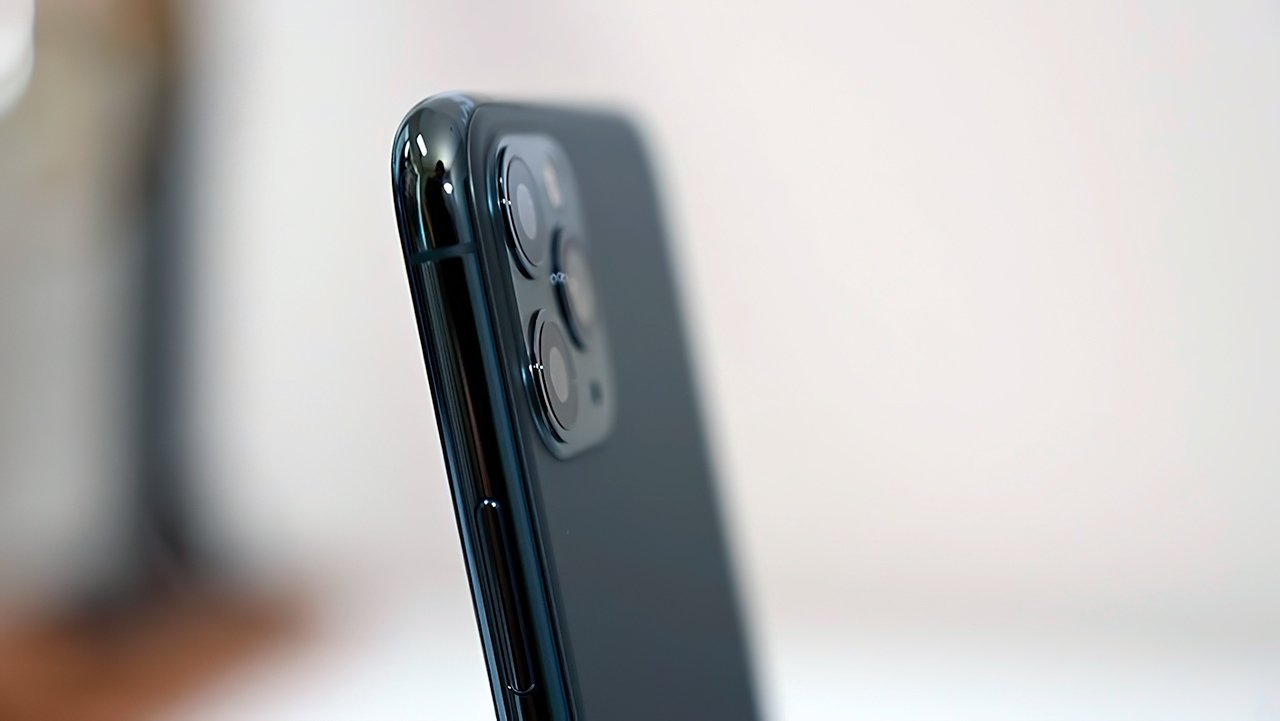
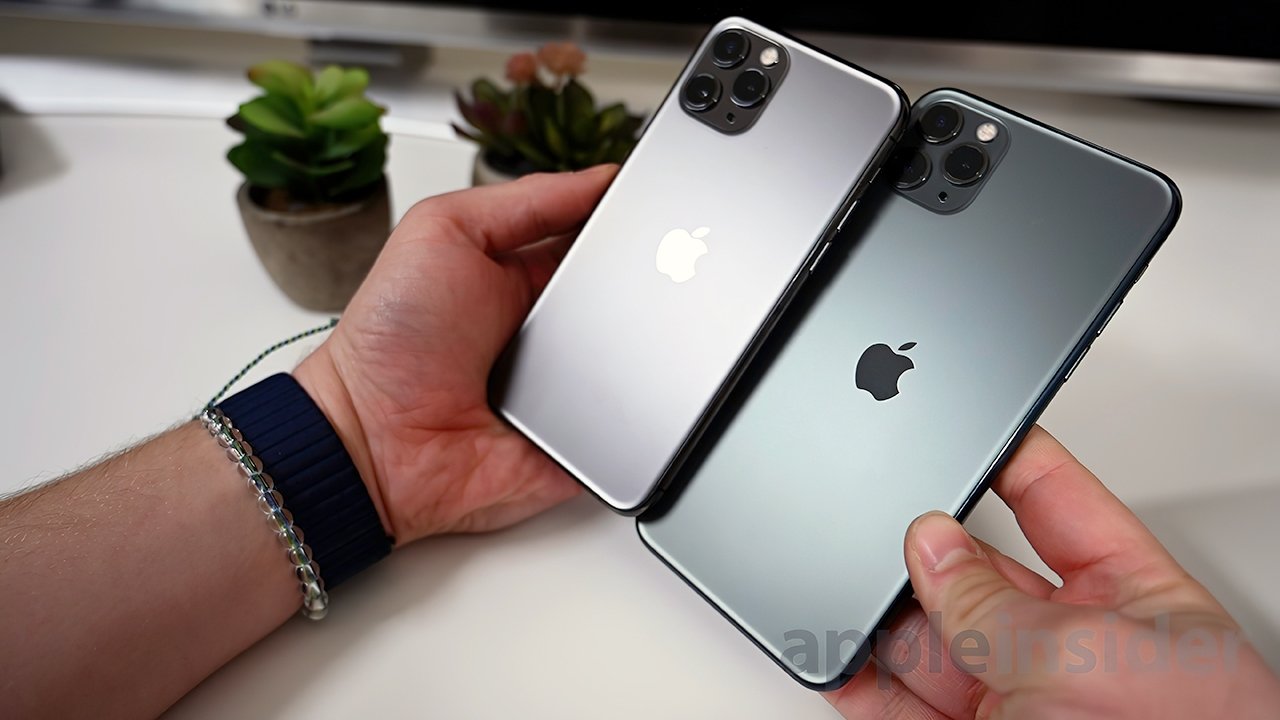

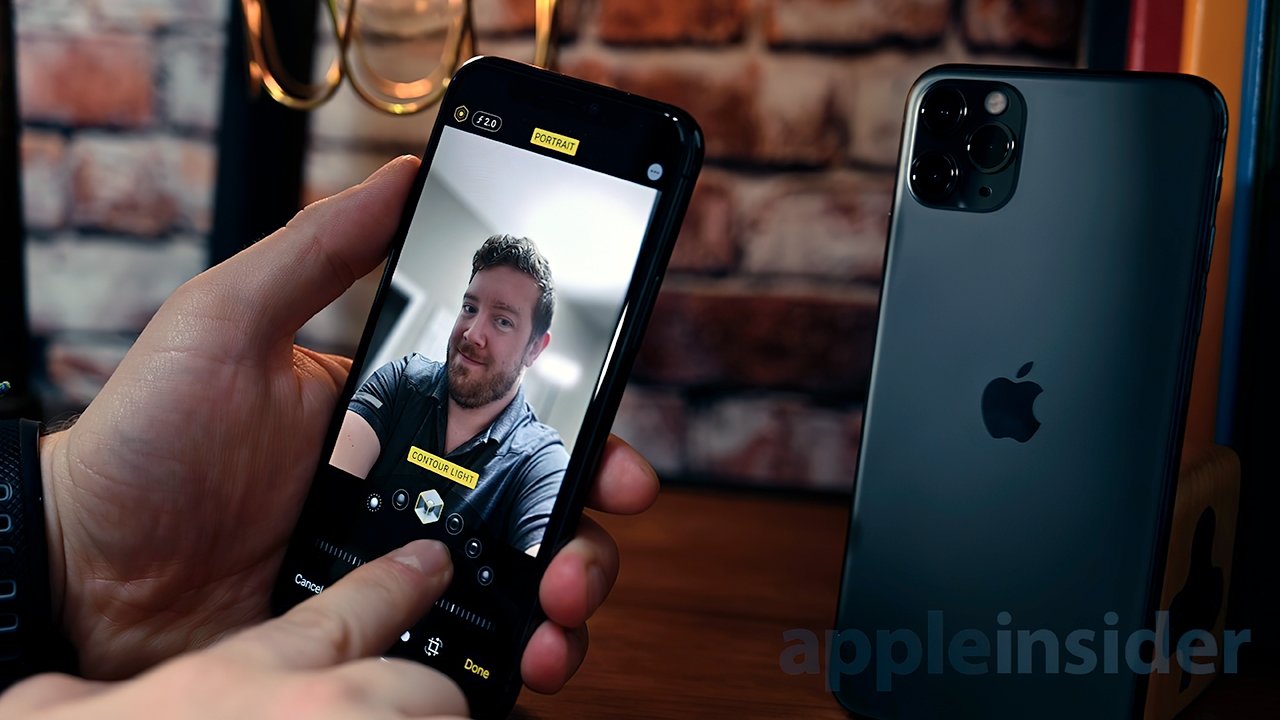
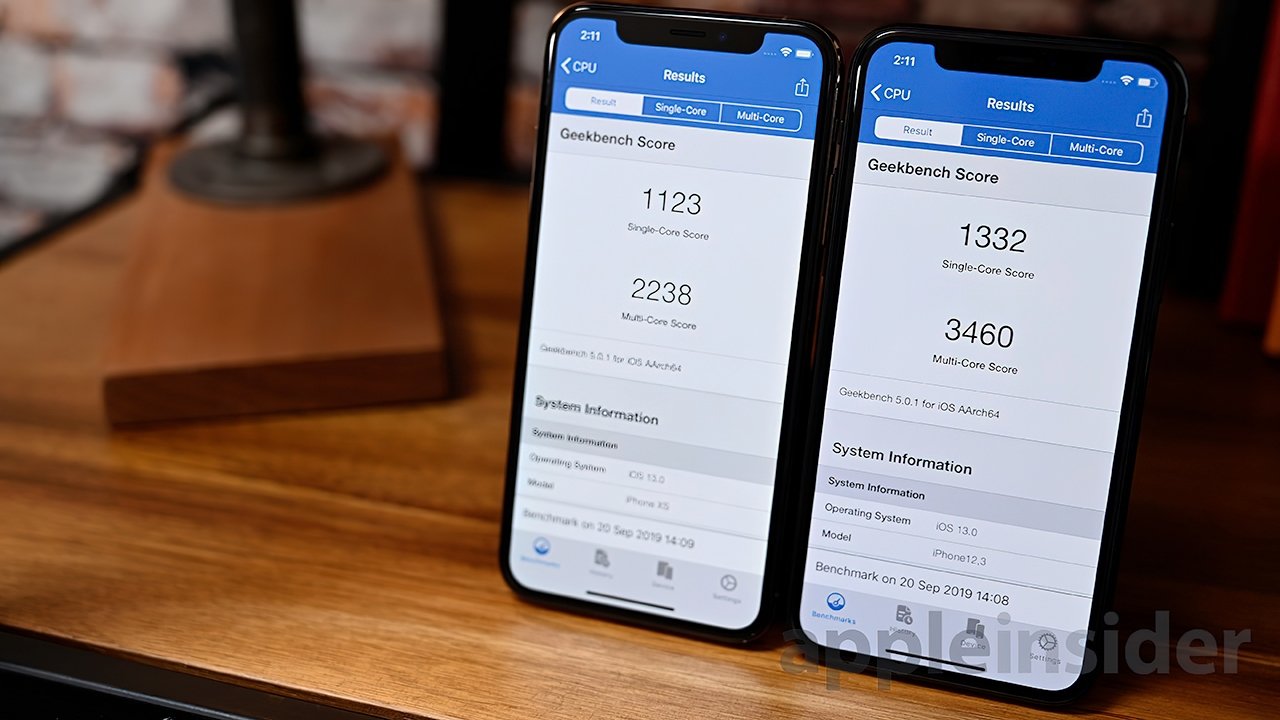
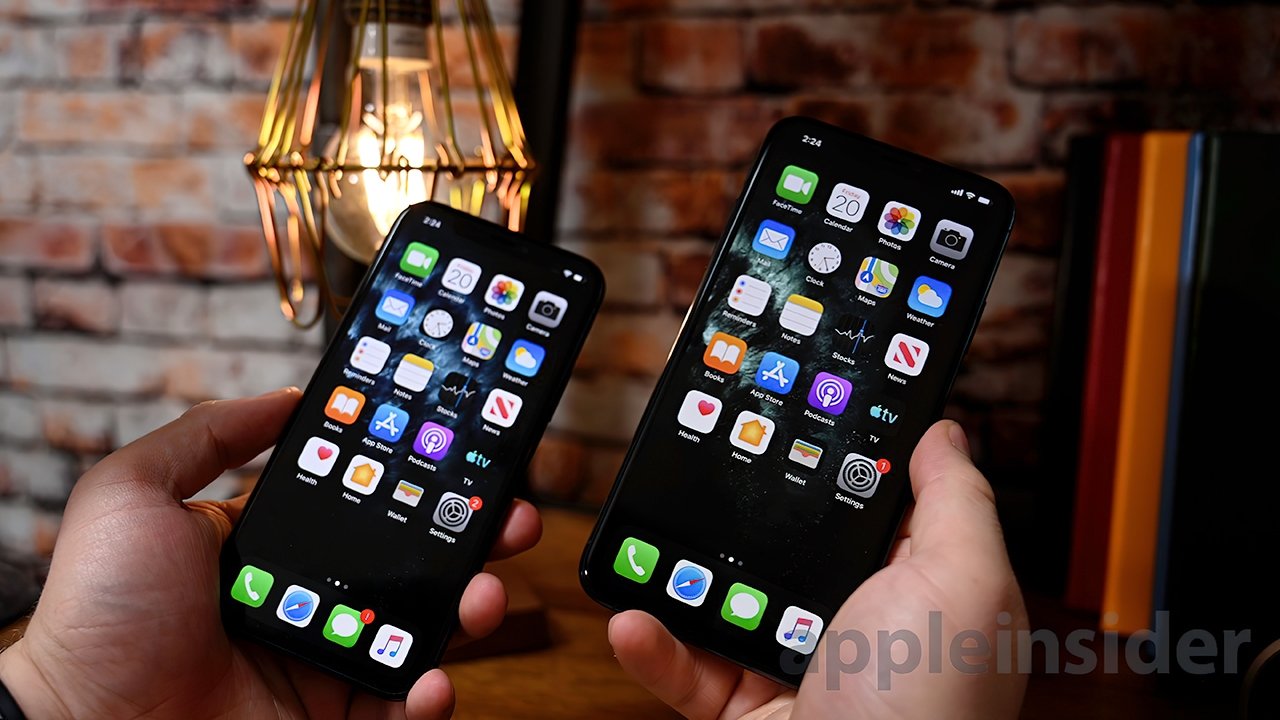
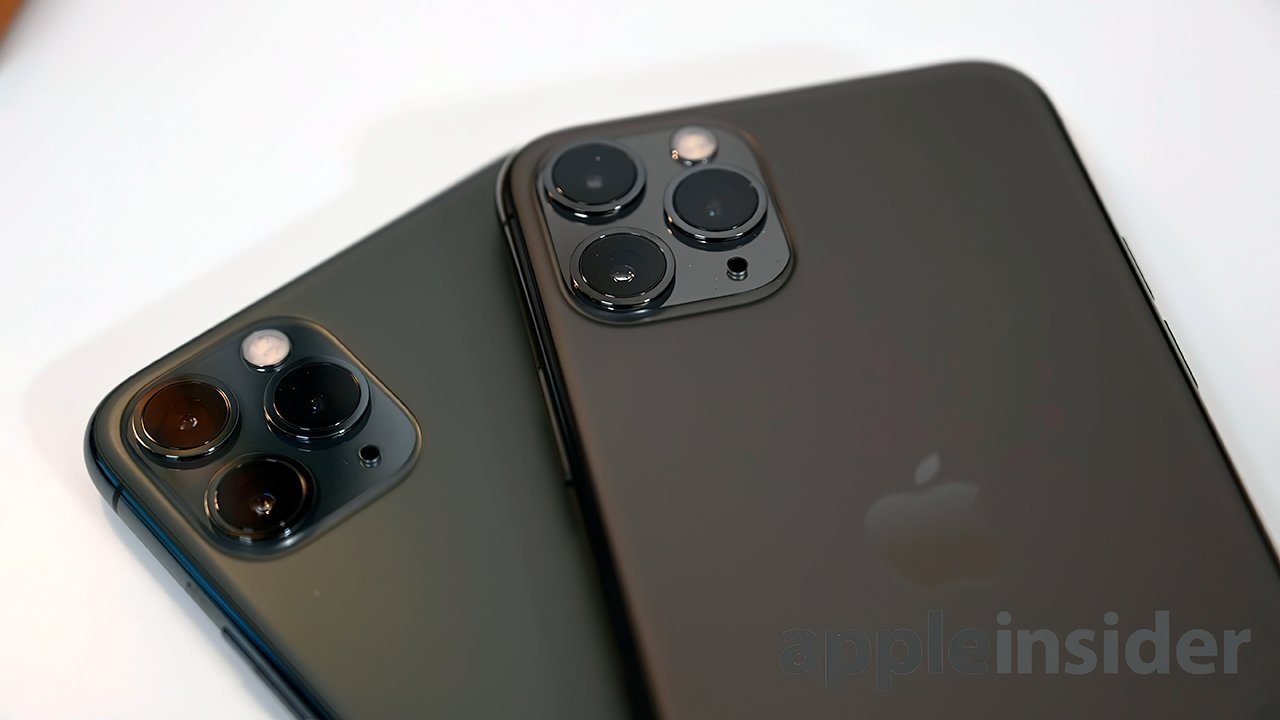
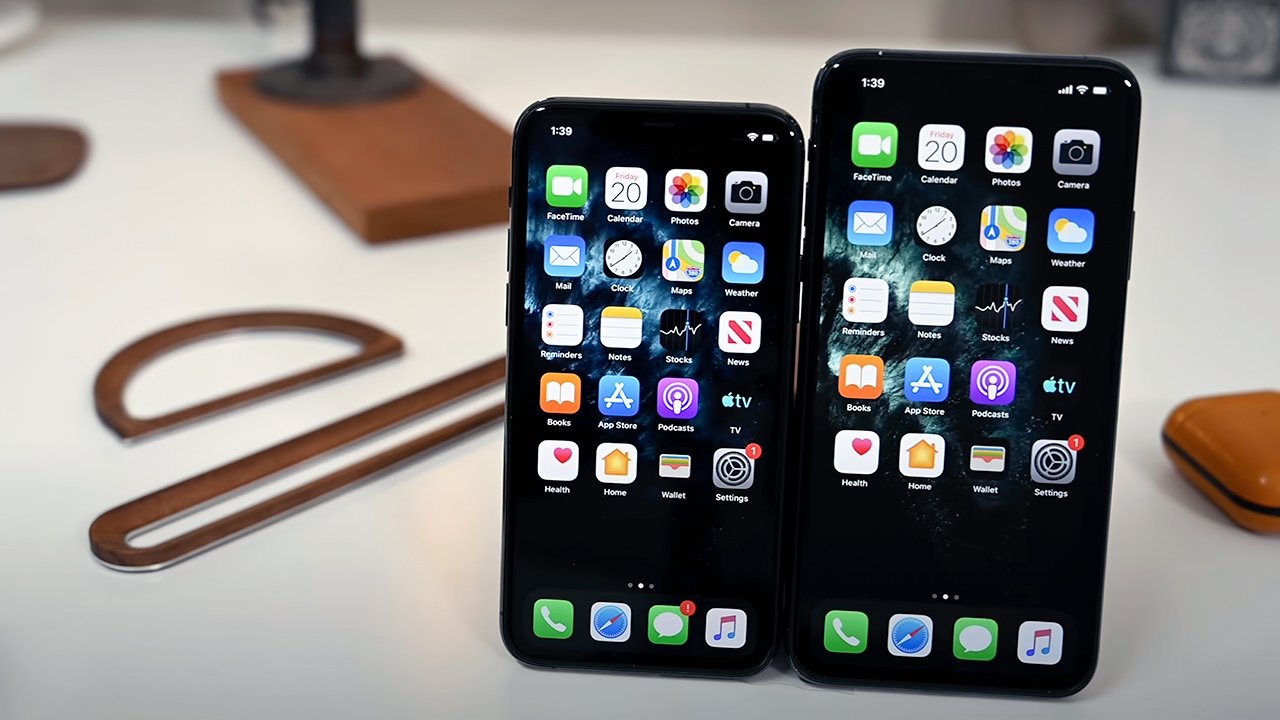
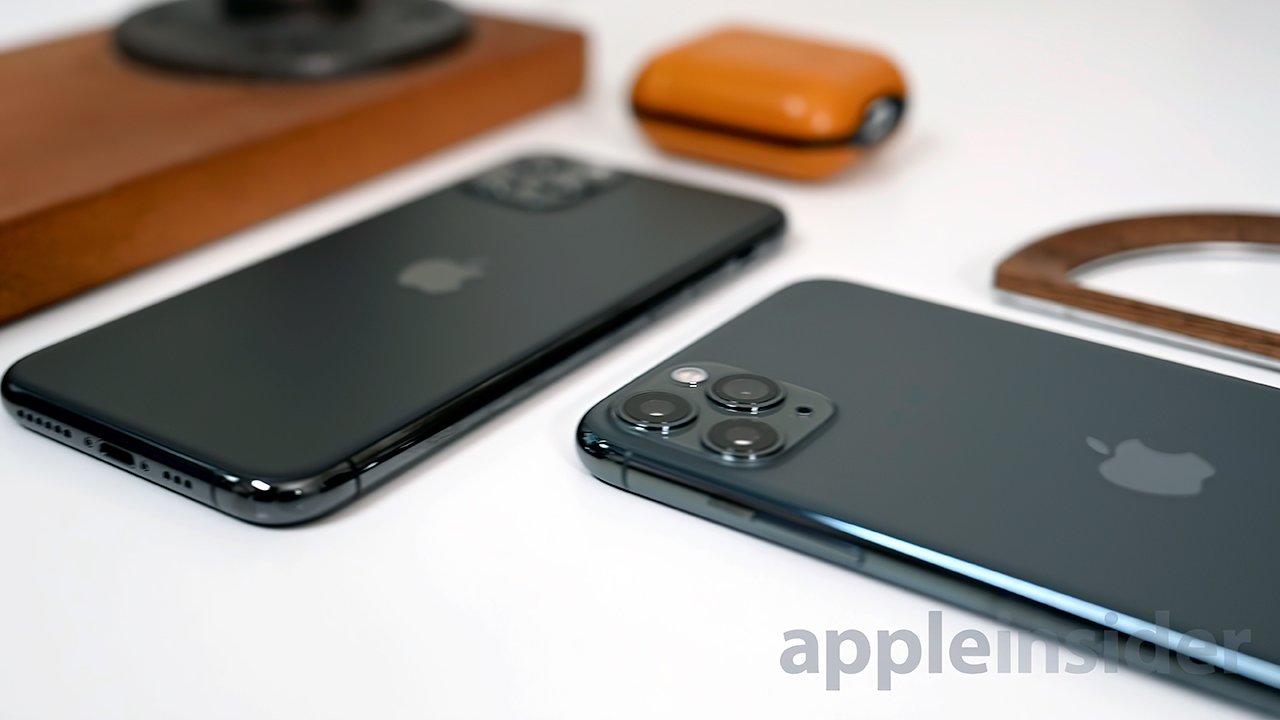
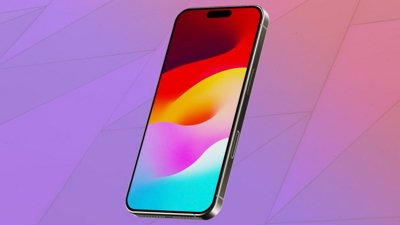
 William Gallagher
William Gallagher
 Andrew O'Hara
Andrew O'Hara
 Marko Zivkovic
Marko Zivkovic
 Amber Neely
Amber Neely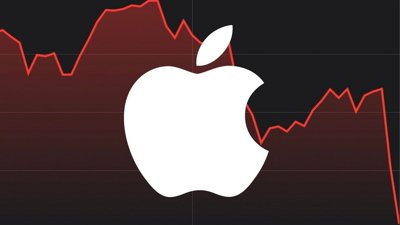
 Malcolm Owen
Malcolm Owen
 Andrew Orr
Andrew Orr
